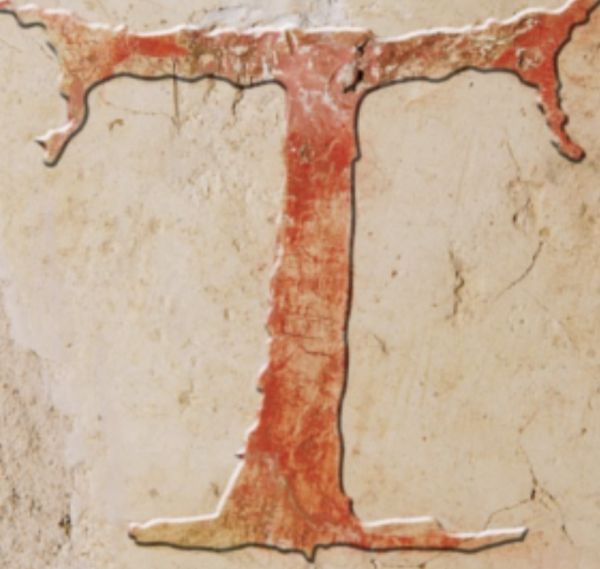In today's Gospel passage, Jesus addresses the common people and his disciples, warning them against the criteria used by the scribes and Pharisees:
«Do not do as they do, for they say and do not do» (Mt 23:3).
In their actions, they seek to appear and be admired, living outside themselves rather than within.
They seek the first places and to be called 'rabbi' by the people.
No, says Jesus, let it not be so among you; the logic of the Kingdom is different, and those who humble themselves will be exalted.
In this context, let us look to the Sources.
Francis had such great practical respect for God that we read in the Sources:
"He did not want to call those who were named 'Good' by their name, out of reverence for the Lord who said, 'No one is good except God alone.
Likewise, he did not want to give anyone the title of 'father' or 'master', nor write it in letters, out of respect for the Lord who said: Call no one 'father' on earth, nor be called 'masters', etc." (FF 1615).
The Poor Man of Assisi also abhorred hypocrisy, the disease of appearing to be and not being, and not doing.
In fact, in Celano's Second Life we read:
"These people are concerned with appearing good, not with becoming good. They accuse others of vice but do not renounce their own [...] They sell the pallor of their emaciated faces for the price of fatal praise in order to appear spiritual, so that they may judge everything and be judged by no one.
They enjoy the fame of being saints without having done any good works, of being called angels without having any virtue" (FF 770).
The Poverello was clearly opposed to all forms of ostentation and lack of transparency.
In fact, in the Sources: "Once, around Christmas, a large crowd had gathered for a sermon at the hermitage of Poggio [Bustone].
Francis began in this way:
'You believe me to be a holy man and therefore you have come with devotion. Well, I confess to you that throughout this Lent, I have eaten food seasoned with lard'.
And so, more than once, he attributed to gluttony what he had actually allowed himself because of his illness" (FF 715).
Francis' interiority went hand in hand with his outward appearance, in a skilful existential balance.
Saturday of the 20th wk. in Ordinary Time (Mt 23:1-12)












